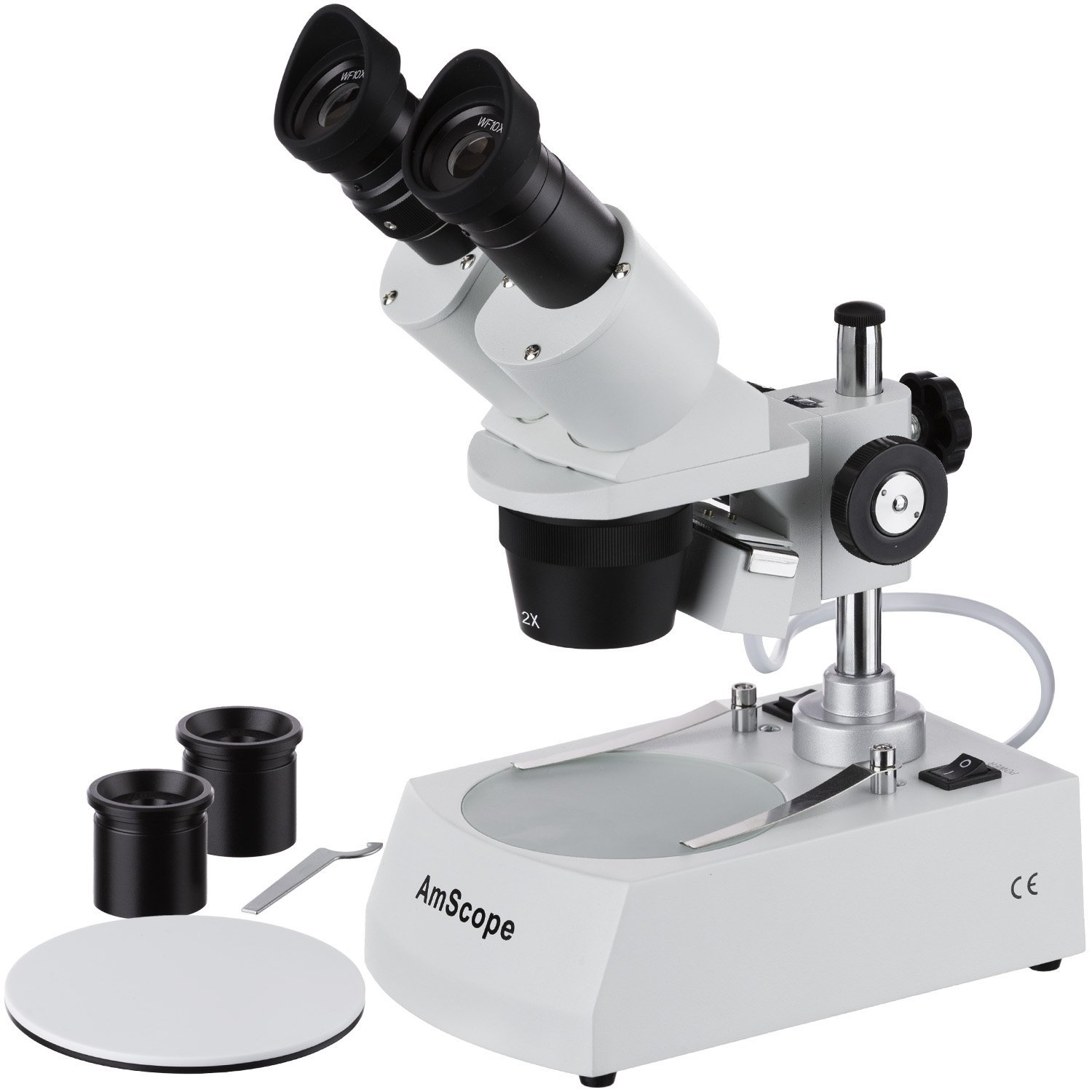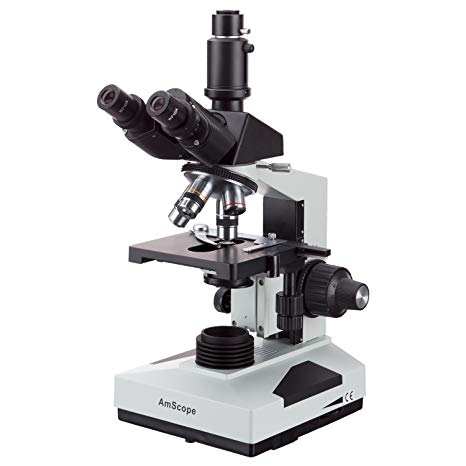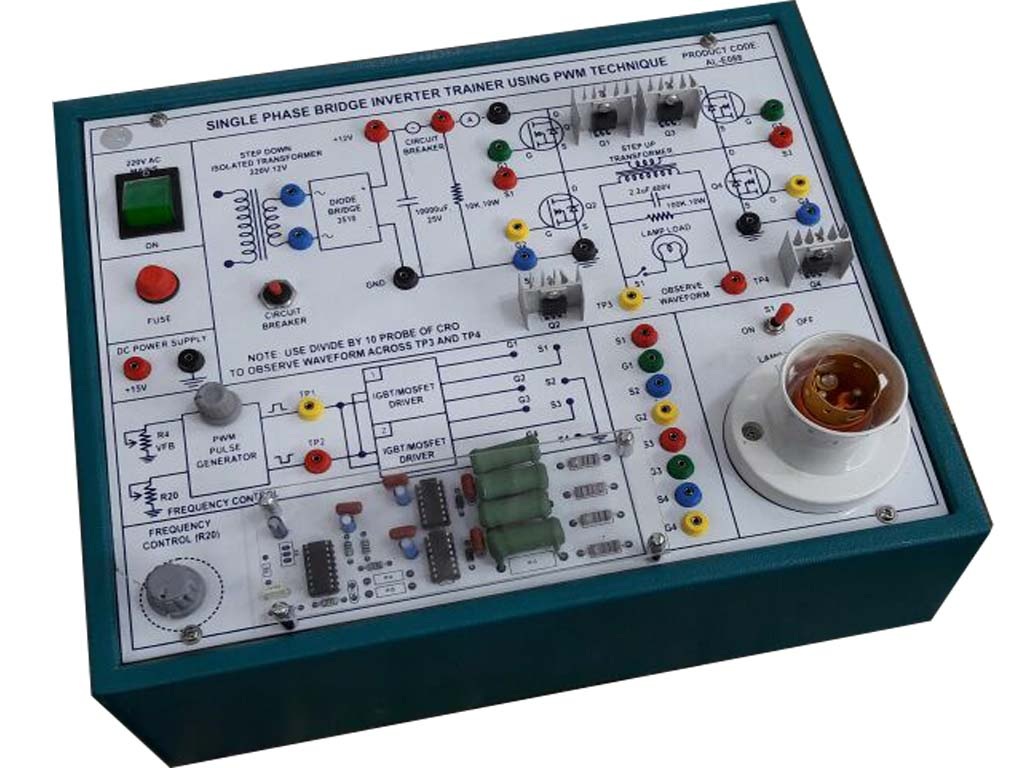
- Admin
- 0 Comments
"The world isn't always perfect, but with the right engineering knowledge and tools, it doesn't have to be."
A fluid mechanics lab is where we deal with the fluid and experiment with its unique properties. These experiments can't be carried out without the fluid mechanics lab equipment. But what is the list of fundamental fluid mechanics lab tools? What are the essential tools required in the fluid mechanics lab? It's okay if you don't know the answer because that's what we will deal with. We will learn about some essential devices used in the fluid mechanics lab, and we will also talk about the best fluid mechanics lab equipment manufacturer and exporter. But before diving right into that, let's discuss the basics.
What is Fluid Mechanics?
Fluid Mechanics is the major of physics that deals with fluids in both static and dynamic forms. Its principles are further used in civil, chemical, mechanical, and biochemical engineering, astrophysics, biology, meteorology, and geophysics.
Fluid mechanics is further divided into two majors: fluid statics and fluid dynamics.
Fluid Statics: It is also called hydrostatics. Static means something at rest; therefore, the fluid statics tells us about fluid at rest. Hydrostatics explains many everyday events, such as why air pressure changes with height, why wood and oil float on water, and why the water's surface is always level regardless of the shape of its container. Hydraulics, geophysics, astrophysics, medicine, meteorology, and many more sciences are built on the foundation of fluid statics.
Fluid Dynamics: Dynamics means something that is constantly changing; therefore, fluid dynamics tell us about the fluid in motion due to some external forces. Fluid dynamics, which supports the practical disciplines, provides a systematic structure that encompasses empirical and semi-empirical rules created from flow measurement and used to solve practical problems.
Why is Fluid Mechanics Essential?
What makes fluid mechanics crucial? Why do we need to study it? Fluids, as we all know, are pretty vital in our daily lives. For instance, we use water for everything from drinking to generating power. We research the possibilities of fluids for a variety of new applications and functions using engineering. The following are some of the applications:
Industries employ various fluids to generate heat, such as diesel and gasoline, and heat may be used for a variety of purposes.
Because some fluids have the ability to exert extremely high pressure, they can be employed to raise huge loads.
Because of their exceptional flow qualities, several fluids are utilized for lubricating.
In hydroelectric power plants, fluids with both potential and kinetic energy, such as water, are used to generate electricity.
Hydraulic machines, which employ fluids, are also used in industry. Fluids such as oil and water are used in these machines.
Refrigerators and air conditioners both rely heavily on fluids. They serve as refrigerants in this situation.
The operating fluid in thermal power plants is water. After being heated in a boiler, water is converted to superheated steam and then pushed through turbine blades to power them.
Water is a crucial component of a power plant once again. In this application, it functions as both a working fluid and a coolant. Some nuclear power plants use the heat from the reactor to heat water directly, which is subsequently converted to steam. Steam is transported via turbines, which rotate turbine blades to generate electricity, similar to thermal power plants.
Compressed air can be used to activate and deactivate automatic valves, for example. Pneumatic tools, which work with compressed air, are used for a wide range of operations, including grinding, screwing, and unscrewing various machinery parts.
Fluid physics allows us to understand how fluids behave under various forces and atmospheric conditions. Fluid mechanics research leads to large-scale undertakings like hydroelectric power plants and hydraulic machinery, but it all starts with a basic lab experiment. As a result, the tools and equipment used must be error-free and of the greatest possible quality.
Fluid mechanics lab equipment manufacturers have been working hard for a long time to develop and deliver solutions that can fulfill the ever-increasing demands of higher education. Let's look at the list of some basic fluid mechanics lab equipment list required in colleges.
Essential Fluid Mechanics Tools:

Bernoulli's theorem apparatus: Bernoulli's theorem apparatus comes with a tapered duct, different manometers tapped into the venturi, and a hypodermic probe. The test section is a circular duct with changing diameters on one side and a 14






